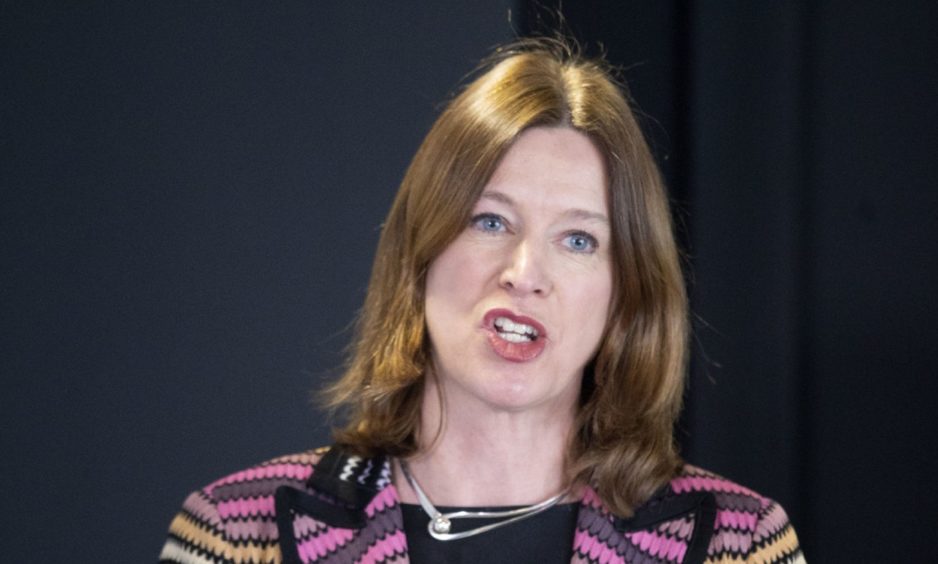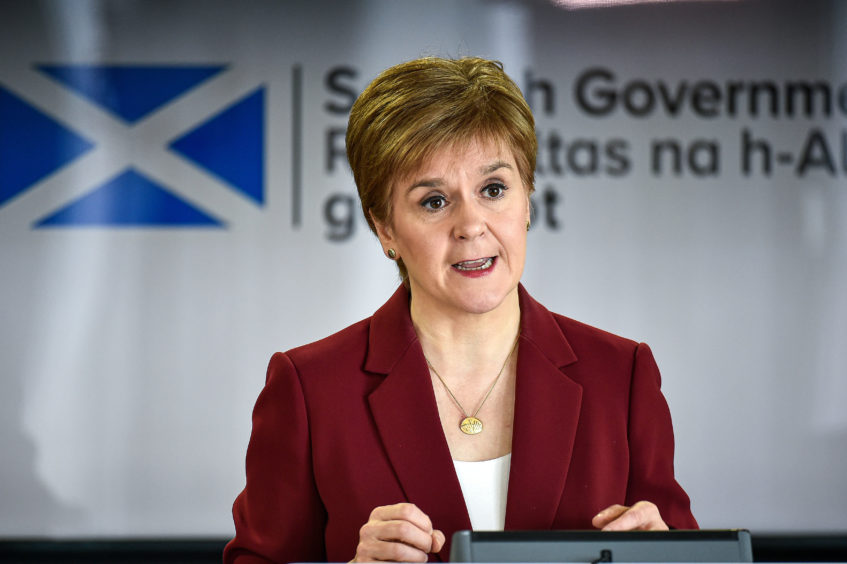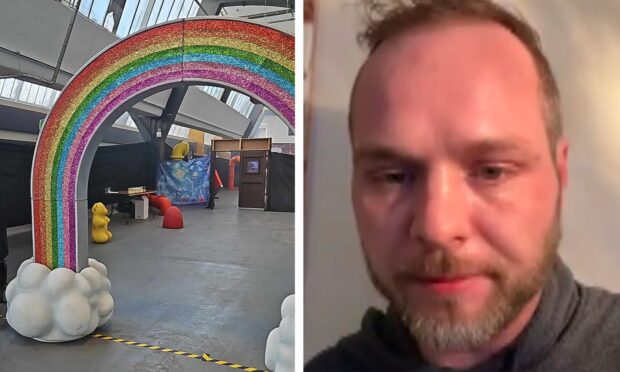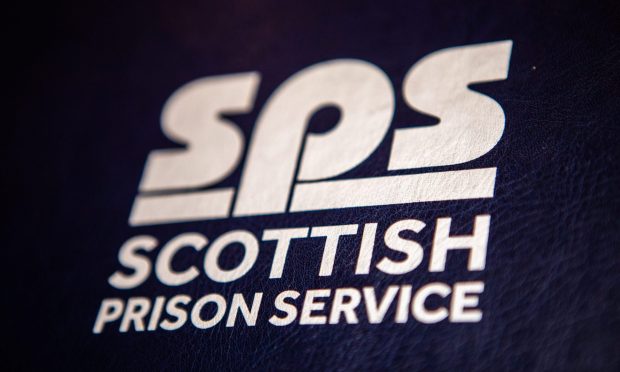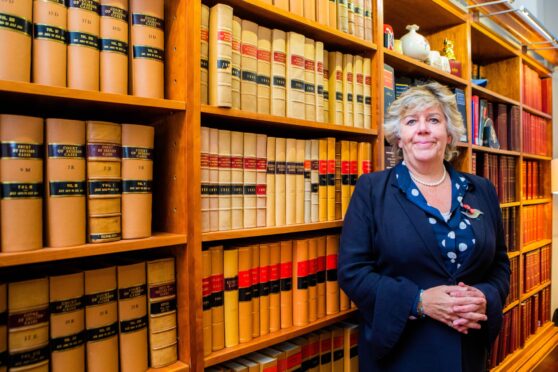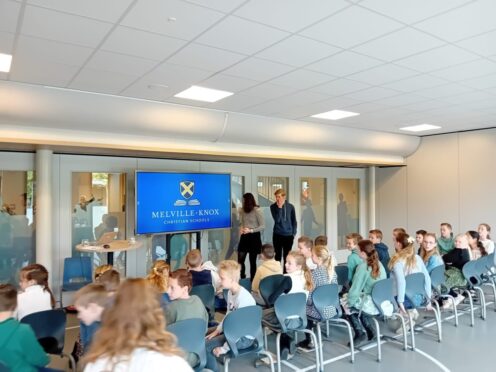Scots have been told that social distancing could be more important than testing in the battle against coronavirus – as it was revealed that contact tracing is no longer taking place in the country.
Speaking at a press conference at St Andrew’s House in Edinburgh, Dr Catherine Calderwood said the notion that testing for Covid-19 would slow down the spread of the virus was a “fallacy”.
She added that social distancing and self-isolation are what will help win the fight against the disease – and could lead to an early lifting of lockdown measures.
Also speaking at the press conference, First Minister Nicola Sturgeon confirmed that Scottish health experts are looking at “different types of tests” – including antibody ones – as part of the fight to stop the spread of Covid-19.
Ms Sturgeon added that “rapid increases in testing capacity” is taking place in Scotland – with around 1900 now able to take place a day. She expects the country to be able to carry out 3500 on a daily basis by the end of April.
However both Ms Sturgeon and Dr Calderwood also agreed with comments made by England’s Deputy Chief Medical Officer Professor Jonathan Van Tam that social distancing was key to winning the battle against Covid-19.
Dr Calderwood added: “I have been saying and advising the First Minister and cabinet secretary for several weeks now about the distraction the focus on testing may become.
“The testing is extremely useful but it is only going to be positive within a short window of perhaps 48 to 72 hours while somebody has symptoms, because there needs to be an amount of virus in that person to be able for that to be detected.
“As in fact the deputy CMO in England said it is the social distancing that is important, that people with symptoms are isolating are not mixing with others and therefore transmitting the virus to other people who transmit it to their friends and family.
“There will come a time when actually the utility of the testing is in fact so that people can know that they have had it because they have been tested, and they then will be able to know – as far as we know at the moment – they are immune to catching it again.
“The thought that the testing in some way slows the virus or is in some way a part of strategy to prevent transmission is a fallacy I’m afraid.
“The testing gives us more information; but the social distancing, and all of these stringent measures, are what we actually need to prevent spread and to prevent illness and death.”
However she added that Covid-19 testing of health and social care workers was “extremely important” amongst those living with people displaying symptoms.
Dr Calderwood added that the lockdown restrictions could be eased even before the 13-week time period previously specified – but only if the “stringent” protocols in place are followed and if they work.
She said: “The more we comply the better these measures are going to reduce the transmission of the virus.
“The length of time we have talked about, 13 weeks, we would be able to lift some of these measures after the three-month period if people are complying.”
Ms Sturgeon added that PCR tests “cannot reliably detect the virus during the incubation period” or tell medics if someone who has recovered has previously had it.
On antibody testing in Scotland she said: “These test are not yet available in a reliable form. The Scottish Government is working with the UK on this and we hope that validated tests will become available soon.”
She also confirmed that contact tracing is no longer being used as a method to tackle coronavirus in Scotland – as the country has moved from the “contain” to the “delay” phase of the pandemic.
Ms Sturgeon said: “What happens in the contain phase is, when a case is confirmed, all of their contacts were traced and where appropriate given necessary testing as well.
“And that happened throughout the contain phase. We then moved into the delay phase – which happens when transmission of the virus is considered to have reached a certain stage.
“At that point that contact tracing does not continue to happen because we go to a situation of presuming that people with certain symptoms have the illness and ask them proactively to isolate.
“So we are not having to contact people who have been close to somebody with a confirmed case of the virus to say you should be isolating – we’re asking everybody with symptoms to isolate.”
She said contact tracing could come back into use once the lockdown measures are relaxed.
It comes as it was revealed almost 130,000 people in Scotland could be infected with the virus.
Dr Calderwood said every Covid-19 death in the country “represents about 1,000 people that have the coronavirus”. Earlier on Thursday the country’s death toll rose to 126, with confirmed cases now at 2602.
Health secretary Jeane Freeman also revealed new guidance on the use of Personal Protective Equipment (PPE) for health and social care workers is being issued.
She also said that unpaid carers will be given access to PPE through third sector organisations.
